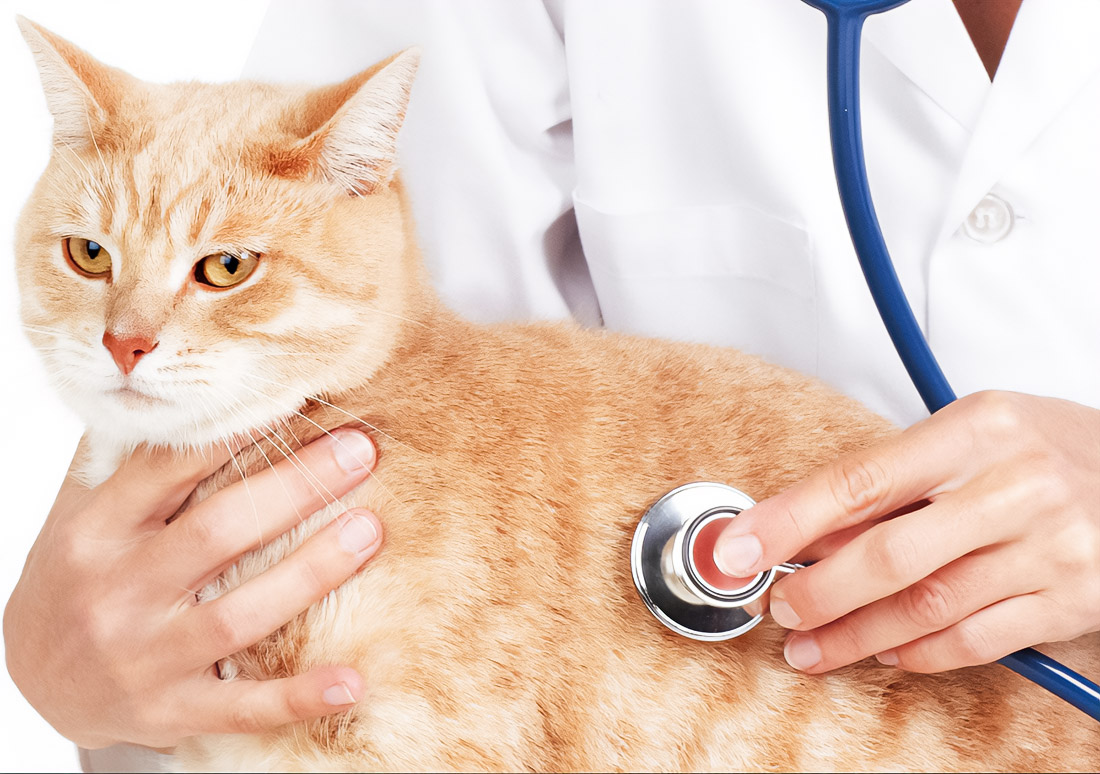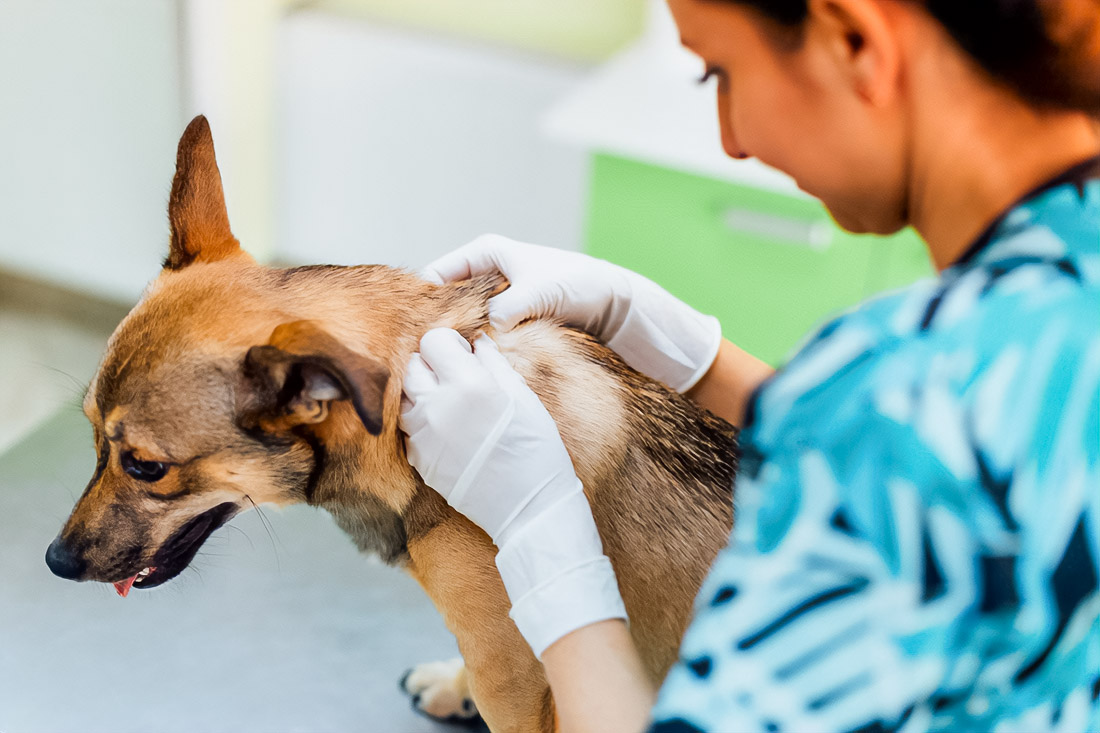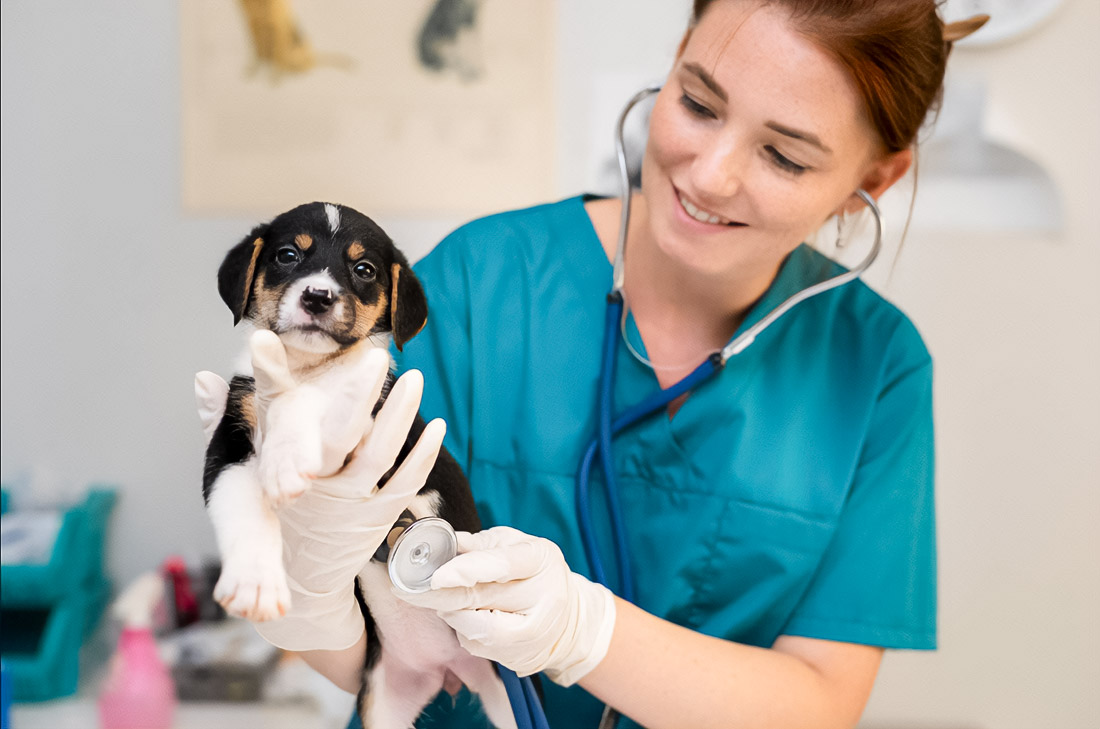Food intolerance of dogs — This serious problem is caused by millions of domestic animals all over the world. According to statistics, approximately 10% of dogs can experience reactions to specific food products, which makes their daily feeding difficult and requires changes in diet to maintain health and comfort. For those who care about the health of their pets in Dubai, services, such as Pets in the City, can offer professional help and consultations.
Food intolerance at dogs: general facts and statistics

Food intolerance in dogs differs from food allergy. This is not an immune response, but an inability for organisms to digest or absorb specific substances from food. According to estimates by veterinarians, about 3-5% of all visits to a veterinarian are related to problems with digestion caused by such reactions. Some researchers note that food intolerance may occur due to a lack of enzymes necessary for the digestion of food or due to sensitivity to additives and preservatives.
Recognizing symptoms food intolerance: what should pay attention
Success diagnosis depends on the attentiveness owner:
- Gastrointestinal disorders: According to studies, 60-75% of dogs with food intolerance occurs diarrhea or vomiting. Most often, this is accompanied by bloating and flatulence.
- Skin reactions: Itching, dermatitis, and hair loss may be directly related to intolerance components feed. This was noted in 40-50% of dogs with problems.
- Changes in behavior: Lethargy or irritability observed in 20-30% of dogs experiencing discomfort due to food.
- Loss appetite: Unwillingness to eat or reduced interest in food may indicate presence problems in 15% of dogs.
Subtleties diagnosis food intolerance: how to find out the truth?
Diagnosis of food intolerance requires a comprehensive approach and may take up to two months.
- Elimination diet: Method exclusion involves the removal of all suspected products from diet dogs. 80% of cases allow identifying cause within 6-8 weeks.
- Dietary trials: Use commercial hypoallergenic feeds. Up to 90% of dogs show improvement on such feed within a month.
- Blood and feces tests: Important for exclusion other diseases and assessment health. Tests also may determine the presence of parasites or infection.
- Consultation with veterinarian-nutritionist: Specialist can help develop an individualized plan and offer experimental supplements, increasing the chance of success by 30-40%.
Managing food intolerance: creating plan
Effective management requires detailed planning:
- Selection of suitable diet: Hypoallergenic or novel protein feeds may reduce symptoms in 70% of dogs.
- Supplements: Probiotics and enzymes improve digestive comfort in 50% of dogs.
- Constant monitoring: Monthly control reduces risk complications on 25%.
- Education owners: Knowledge about proper feeding improves the condition of pets in more than 80% of owners.
Prevention — your best friend: how to avoid food intolerance in dog

Prevention requires careful planning:
- Diversity in diet: Do not let dogs get used to one type of protein.
- Gradual introduction of new products: Introduction of new feed should take 10-15 days to analyze the reaction.
- Avoiding harmful additives: Exclude artificial components; about 20% problems related to them.
- Regular veterinary examinations: Recommended every 6 months for timely detection problems. More on Veterinary medicine.
Successful cases: examples from practice
Example 1: Labrador by the name of Max struggled with chronic diarrhea and skin itching. After switching to an elimination diet with feed based on duck and potato, the problem was solved, and improvement was noticeable within 3 weeks — chicken protein was the culprit.
Example 2: Poodle Bella suffered from frequent stomach disorders and loss of appetite. Tests revealed intolerance to gluten. A gluten-free diet completely changed her life, improving her condition by 80% within a month. Learn more about dogs and their needs.
Food intolerance at dogs — this complex problem, but with right approach and understanding, owners can significantly improve quality life their pets. Choose experienced specialists and follow recommendations, to prevent development complications and ensure your dog long and healthy life.

Hiking addict, dreamer, band member, Vignelli fan and TDC honorary member. Acting at the intersection of aesthetics and programing to craft experiences that go beyond design. I prefer clear logic to decoration.




